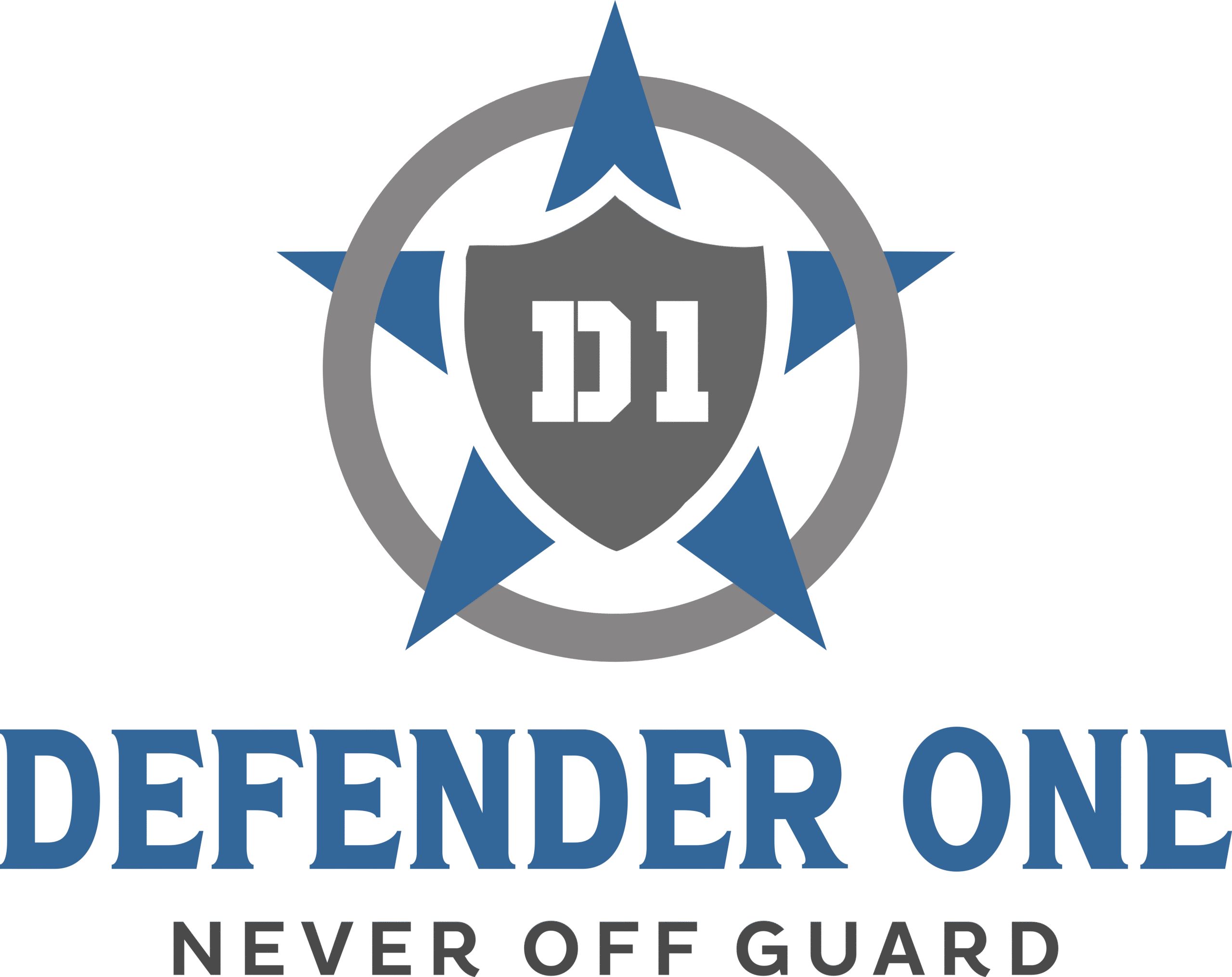In today’s ever-changing world, security guards play an indispensable role in maintaining safety and order across various sectors. These individuals often find themselves in high-pressure situations where quick thinking and adept action are crucial. To equip security guards with the right skills and knowledge, wear and carry training stands out as a vital component. This comprehensive training not only ensures the safety of the guards but also enhances their ability to protect the establishments they serve.
Understanding the Significance of Wear & Carry Training
The Crucial Role of Security Guards
Security guards are the front-line defenders of premises, individuals, and valuable assets. They don’t just observe; they often need to swiftly respond to emergencies, de-escalate tensions, and even deter threats using specialized equipment.
The Essence of Wear & Carry Training
Wear and carry training encompasses a range of crucial skills, including firearms handling, non-lethal weapons proficiency, self-defense tactics, and situational awareness. It aims to arm security guards with the expertise needed to tackle diverse challenges effectively.
Key Components of Wear & Carry Training
Firearms Proficiency: Precision and Safety
Training in firearms handling is one of the central pillars of wear and carry training. Guards learn the fundamentals of using firearms, focusing on accuracy, safety protocols, and decision-making under pressure. They undergo rigorous practice sessions and simulations to ensure competence and confidence in handling firearms responsibly.
Non-Lethal Weapons Training: Effective Use in Diverse Situations
Apart from firearms, security guards are often equipped with non-lethal weapons like stun guns, batons, and pepper spray. Training in these tools is essential to ensure guards understand their proper use, minimizing harm while still effectively neutralizing potential threats.
Self-Defense Techniques: Physical Competence and Confidence
Wear and carry training also includes self-defense techniques tailored to real-world scenarios. Guards learn hand-to-hand combat, restraint techniques, and how to protect themselves and others in physical altercations. Mastery of these skills not only bolsters their confidence but also provides a crucial means of defense in unarmed encounters.
Situational Awareness: The Key to Proactive Security
Being vigilant and perceptive is a cornerstone of effective security. Through wear and carry training, guards are taught to analyze environments, spot potential threats, and take preemptive measures to mitigate risks. This heightened awareness helps in preventing security breaches before they escalate.
Benefits of Comprehensive Wear & Carry Training
Enhanced Security Measures: A Safer Environment
Well-trained security guards contribute significantly to creating a secure environment. Their proficiency in handling diverse situations and tools ensures a swift and effective response to any potential threats, minimizing risks to the establishment and its occupants.
Reduced Liability and Risk Management
By ensuring that security guards are well-versed in proper procedures and equipped with necessary skills, wear and carry training aids in minimizing risks. It reduces the chances of accidents or mishandling of security-related tools, thereby decreasing liabilities for the employing organization.
Community Engagement and Trust in Security Contractors
Adequate training not only enhances skills but also boosts the confidence and professionalism of security contractors. Feeling capable and equipped to handle challenging situations positively impacts their performance, fostering a sense of pride and dedication in their roles.
Proficient security guards, through their competence and courteous demeanor, contribute to a positive image of the establishment they serve. This, in turn, helps build trust and rapport within the community, essential for long-term success and safety.
Advanced Training Modules for Specialized Situations
Crisis Management and Response Protocols
In high-stress scenarios like hostage situations, terrorist threats, or natural disasters, security guards need specialized training. Crisis management training equips them with protocols to handle these critical situations effectively. From communication strategies to evacuation procedures, this training ensures guards can coordinate responses seamlessly during emergencies, minimizing potential risks.
Conflict Resolution and De-escalation Techniques
De-escalation skills are fundamental for security guards to defuse tense situations without resorting to force. This training focuses on communication strategies, empathy, and conflict resolution techniques. Guards learn how to assess situations, manage emotions, and employ verbal tactics to peacefully resolve conflicts, averting potential escalation.
Surveillance and Technology Integration
With technological advancements, security measures have evolved. Guards receive training in utilizing surveillance systems, understanding alarm systems, and implementing other technological tools effectively. Integrating these technologies with their existing skills enhances their ability to monitor and respond to potential threats more efficiently
Ongoing Training and Continuous Improvement Initiatives
Regular Drills and Simulations
Training shouldn’t end with the initial sessions. Regular drills and simulations are imperative to keep the skills of security guards sharp. These exercises mimic real-life scenarios, allowing guards to practice their learned skills, refine their responses, and adapt to evolving threats.
Continuing Education and Skill Refinement
The security landscape is constantly evolving, and thus, ongoing education is vital. Security guards should engage in continuous learning, attending workshops, seminars, or courses to stay updated on the latest security trends, laws, and technological advancements.
Performance Evaluations and Feedback Mechanisms
Performance evaluations provide insights into the effectiveness of training programs and individual guard performance. Constructive feedback mechanisms help identify areas for improvement and provide support where necessary, ensuring a constant cycle of learning and enhancement.
The Ethical and Legal Aspects of Security Operations
Understanding Legal Boundaries and Responsibilities
Security guards must operate within legal frameworks and ethical boundaries. Training on laws, regulations, and ethical standards is crucial to ensure guards are aware of their rights, limitations, and responsibilities while performing their duties.
Final Thoughts
Wear and carry training serve as the backbone for empowering security guards with the skills necessary to perform their duties effectively. Emphasizing firearms proficiency, non-lethal weapons training, self-defense tactics, and situational awareness equips guards to tackle diverse challenges confidently. Recognizing the significance of such training showcases a commitment to valuing the individuals safeguarding our spaces. Investing in continuous improvement through wear and carry training is not just an investment in security but also a testament to ensuring safety, proficiency, and peace of mind for all involved in security services.
